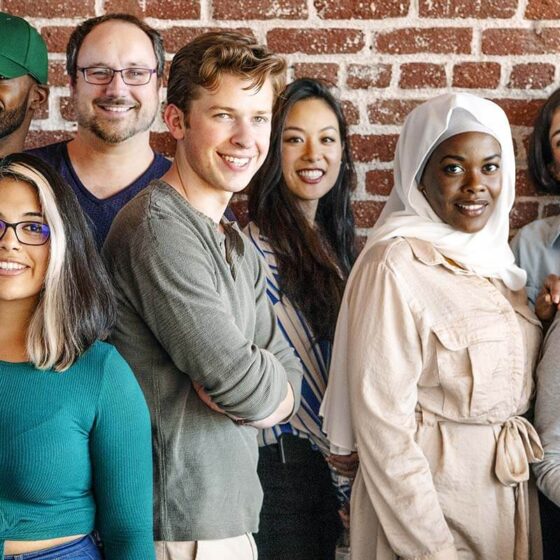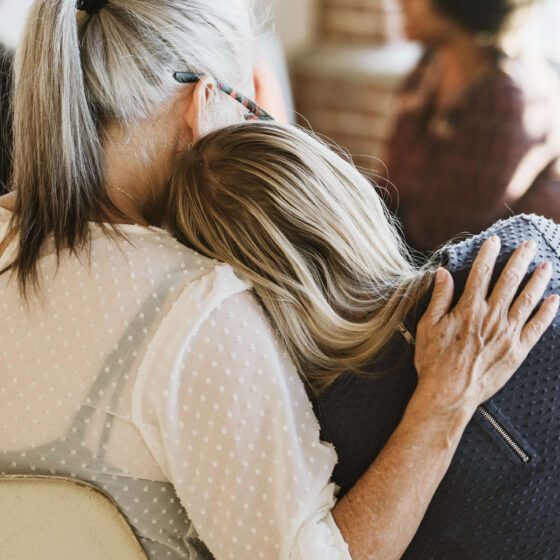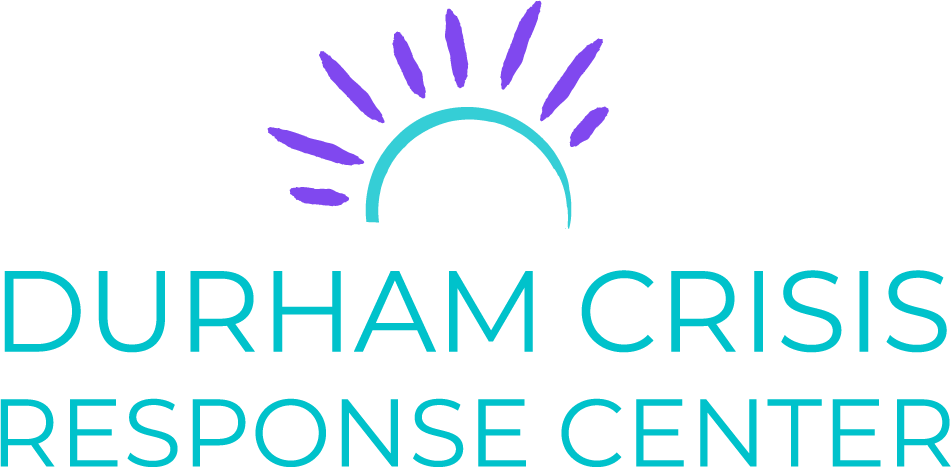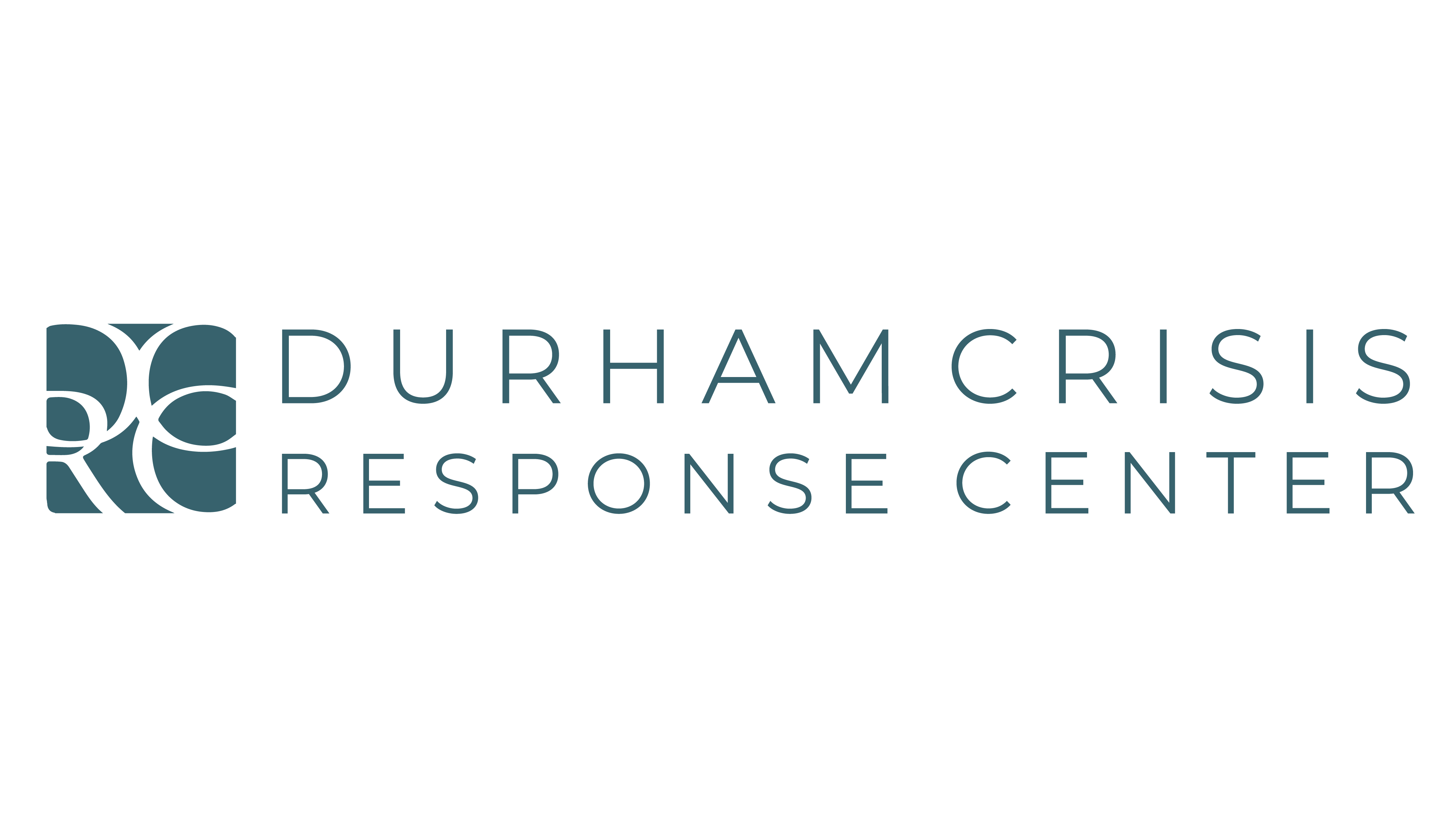Survivors of Domestic Violence
Our agency offers free and confidential comprehensive services for victims or survivors of intimate partner violence.
If you need help, we are here to help you.
What To Do When Friends or Family Members Disclose Violence or Abuse
-
Focus on them, their safety, and your love for them. Vocalize that you believe them.
-
Tell them that the violence is and was not their fault, and assure them that help is available.
-
Let them know you love them and that their safety is of the utmost importance to you.
Safety planning with a friend or relative
-
Tell the survivor there are ways to stay safe and you can help them get the help that they need. It is important for the person to understand there are options.
-
Refer them to the Durham Crisis Response Center or another domestic violence agency or sexual assault program in their community.
-
Learn about domestic and sexual violence so you will understand as much as possible about what they have experienced.
Survivor-Centered Services
Staff and Volunteers alike are trained to meet survivors at any stage of their journey. Below are just some of the emergency services we provide our clients
Emergency Temporary Shelter
Hospital Response
Legal Advocacy
Emergency Temporary Shelter
DCRC’s emergency shelter gives clients a safe and supportive environment where they can begin to recover from the effects of domestic, sexual, family abuse or human trafficking.
Shelter staff offer case management and counseling, as well as assistance with legal, housing, and employment needs. Spanish-speaking staff are available.
Our shelter does not discriminate based on gender-identity, age, or sexual-orientation.
Hospital Response
Trained staff and volunteers support clients in the aftermath of violence, Hospital Responders do so in the ER of Duke Regional and Duke University Hospitals.
Advocates accompany survivors throughout interactions with medical professionals, law enforcement, and/or Sexual Assault Nurse Examiners (SANEs).
We ensure survivors have a follow up plan to reach counseling, legal advocacy, or anything else they may need.
Legal Advocacy
Legal aftermath may seem daunting following violence or abuse. DCRC advocates inform, support, and accompany victims of violence throughout the criminal and civil justice system.
Legal Advocates are NOT attorneys, and therefore cannot provide legal advice or representation. Advocates may answer questions about what to expect, explain available options, and accompany survivors through criminal or civil process to ensure their rights are protected
Advocates refer survivors to other DCRC services, assist with safety planning, and connect survivors to other community agencies.

Survivor Health Services
Our goal is to move with our clients from surviving to thriving. DCRC invites you, or friends and family, to access our services at any time, regardless of how long ago violence occurred.
Individual Counseling
Survivor Support Groups
Case Management
Individual Counseling
Therapeutic counseling is available to survivors of abuse, secondary survivors, as well as family and loved ones.
Please call 919-403-9425 for more information and to set up an appointment
Survivor Support Groups
DCRC offers support groups to adult and adolescent survivors who are currently or have previously experienced violence.
Support groups encourage participants to explore their experiences in a safe and supportive environment.
Please call 919-403-9425 to inquire about group sessions.
Case Management
Main office hours: Monday – Friday, 9:00am – 5:00pm
DCRC staff are available during office hours to provide information, one-on-one support, and individualized assistance for survivors.
Our services include:
- Child and adolescent counseling
- Individualized safety planning
- Referrals for legal assistance

Education, Training, and Outreach
Outreach staff conduct workshops about domestic and sexual violence, sexual harassment and date rape prevention.
DCRC works to reduce incidences of sexual violence in our communities. Rape prevention education impacts attitudes, beliefs and behaviors that lead to sexual violence.
Prevention workshops are available for:
- Local schools
- Faith based organizations
- Community groups and professionals
- Community service providers, including local law enforcement and medical personnel.
Please call 919-403-9425 for more information.

Durham County Response Teams
Domestic Violence Response Team (DVRT)
The Domestic Violence Response Team (DVRT) is a multidisciplinary teams of community members partnering together to provide inter-agency, coordinated responses to domestic and sexual violence.
Some of our local collaborators include:
- DCRC agency staff
- District Attorneys Offices
- Title 9 providers
- Legal Aid
- Social services program staff
- Medical personnel
- Local law enforcement
These teams build communication and collaboration to ensure a transition from victim to survivor for every individual whose life is impacted by domestic, sexual and family violence and human trafficking.
Sexual Assault Response Team (SART)
The Sexual Assault Response Team (SART) is a multidisciplinary teams of community members partnering together to provide inter-agency, coordinated responses to domestic and sexual violence.
Local collaborators include:
- DCRC agency staff
- District Attorneys Offices
- Title 9 providers
- Legal Aid
- Social services program staff
- Medical personnel
- Local law enforcement
These teams build communication and collaboration to ensure a transition from victim to survivor for every individual whose life is impacted by domestic, sexual and family violence and human trafficking.

State Partners
NCCADV
NC Coalition Against Domestic Violence
NCCASA
NC Coalition Against Sexual Assault

